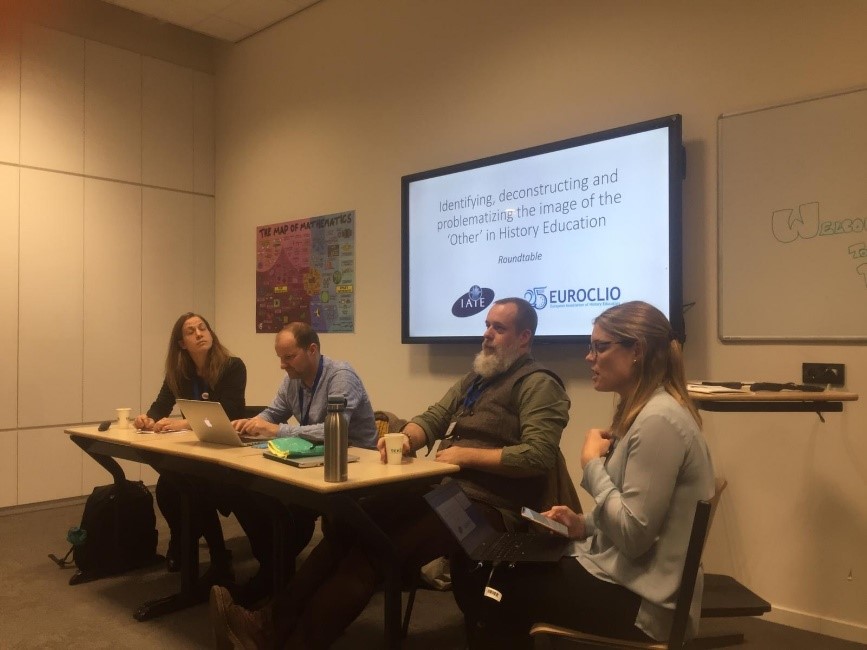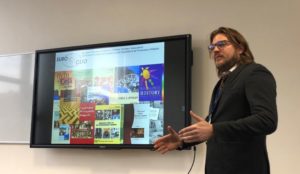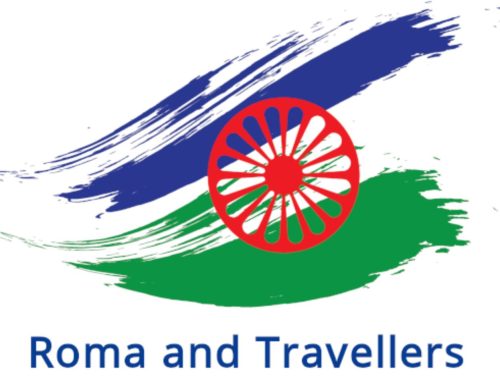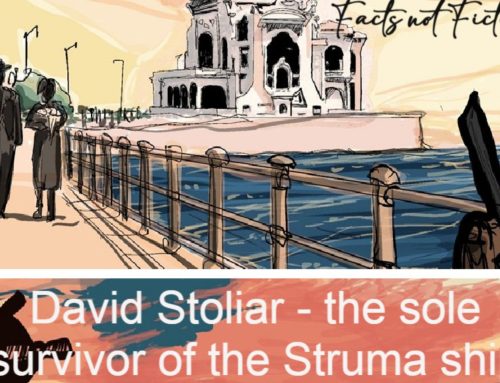In November 2019, EuroClio took an exciting new step in the world of educational research in chairing one of the research strands at the International Association for Intercultural Education’s (IAIE) annual conference in Amsterdam. The theme of the conference was “Another Brick in the Wall: Transforming Education” and focused on sharing insights pertaining to diversity in relation to the fields of Intercultural Education, Multicultural Education, Human Rights Education, Citizenship Education, Education Democracy and Global Education. The five day conference began with three days of practical workshops for practitioners followed by two days of academic research presentations and keynote speeches. In this way, the workshop had two motives – to share best practice and to share leading research (and of course, how those two overlap). Although participants did not need to attend all five days, some did which led to a unique opportunity for academics and practitioners to reflect and learn together.
EuroClio’s central role was to chair one of the research strands during the final two days of the conference. EuroClio’s Director Steven Stegers and I have the privilege to lead this and we both thoroughly enjoyed the experience. The strand, which was one of eight thematic strands included in the conference, focused on ‘Multiperspectivity in History Teaching.’ Presentations within the strand covered a wide range of research topics such as multiperspectivity when teaching the Holocaust, history education in the context of global migration, digital tools to promote multiperspectivity, how to respect refugee identities through history education and several national case studies considering the challenges and opportunities for history education within and across borders. To see all the presentation topics and the associated presenters, please click here. Full details on the conference and details about all strands can be found here.
There were many special elements about this conference, but I’ve narrowed it down to my top 6 reasons why this was a great experience.
- EuroClio being an active contributor to the field of academic research.
Although EuroClio has been involved in several research projects in the past and has produced and contributed to many significant research reports, EuroClio as an association has never served as a co-organiser or strand leader at an international multidisciplinary academic conference. Of course, EuroClio and the EuroClio network is not new to academic research. Many of EuroClio’s members, ambassadors, board members, trainers, trainees and staff have experience conducting academic research and have made great contributions to the field of history and citizenship education. Undoubtedly, it was the work of these individuals that has enabled EuroClio as an association to become an increasingly active presence in the field of academic research. We hope that this presence will only grow in the future!
- High calibre research and researchers.
The second reason why this experience was so exciting for EuroClio was because it was such a great quality conference! Participants included many high calibre academics from leading university and think tanks who have completed interesting and thought provoking research. For example, one of the keynote speakers was Jim Cummins, Professor Emeritus at the University of Toronto and a world leader on effective multilingual teaching to promote inclusivity and cohesion. Another keynote speaker was Dr. Maurice Crul from the Vrije Universiteit Amsterdam and the Erasmus University Rotterdam who is one of the global leaders on research into the experience of children of migrants. He also serves as the international chair of IMISCOE (International Migration, Integration and Social Cohesion) network. These are just two examples of a long list of internationally renowned academics who were present.
- Strong EuroClio representation.
Among the high calibre presenters and workshop leaders were some very impressive members of the EuroClio community. Ute Ackermann Boeros led a workshop on teaching multi-perspectivity through the International Baccalaureate. Steven Stegers presented on the key themes and oversights of multiperspectivity. Gijs Martijn van Gaans presented on research he has conducted on multiperspectivity and collective historical narratives. Dr. Bjorn Wansink presented his recent work on multiperspectivity and Holocaust education. Mare Oja presented on how multiperspectivity is incorporated into History Education in Estonia. Lexi Oudman and Maayke de Vries co-presented on approaches to teaching sensitive history in international school contexts. Finally, I presented the first phase of a research project on the effectiveness of EuroClio’s recent crowdsourcing method for resource development. The wonderful Joke van der Leeuw-Roord also attended the conference and initiated many thought provoking and stimulating discussions. In short, EuroClio had a strong representation throughout the conference and really did the association proud.
- Broadening of the EuroClio network.
Based on number 3 above, it is clear that EuroClio went into the conference with a strong network, but this network had strengthened even more by the end of the conference. Many more people learned about the work that EuroClio does and the potential ways that they can get involved in the future. In addition, the team made many connections to scholars and field leaders in disciplines beyond History Education. These individuals offer diverse experiences, skills and findings that could further improve EuroClio’s work. In addition, making connections with participants from Greece, Italy, Israel, Norway, the Netherlands, Sweden, Iceland, Slovakia, Hungary, Czech Republic, the Ukraine, China, Germany, the UK and the United States means that EuroClio’s international network continues to strengthen around the world.
- The DENISE school.
The location of the conference is the 5th reason why this was such a special experience. The conference was held in Amsterdam at De Nieuwe Internationale School van Esprit (DENISE). DENISE is an international school that offers five different learning programmes so every student can learn in a way that serves their own needs and personal choices. For example, it offers English-medium teaching, Dutch-medium teaching, an English-Dutch Dual Language programme, the International Baccalaureate, the Dutch curricula (including MAVO and HAVO) and other merged programmes. The students of DENISE come from different backgrounds, speak different languages and have had very different life experiences. Some students are Dutch nationals whereas others arrived to the Netherlands as refugees. However, what is perhaps the most surprising aspect of DENISE is that it is an international public school which means that students do not need to pay fees. This is rare for this level of quality international education. Students are also taught explicitly about intercultural competence which illustrates the inclusive values of the school. Throughout the conference, students kindly volunteered their time and assisted with many of the housekeeping duties and providing assistance to participants. You could see the pride that these students had in their school and how proud they were to be showcasing it through the conference. It really added to the atmosphere of the conference and was a great reminder of what education research should always be working towards – supporting a quality teaching and learning experience for all students.
- Developing a partnership with IAIE for the future.
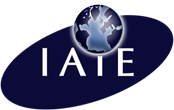 The final point on this list does not represent the end of the list. In truth, the possibility to continue this partnership with the IAIE in the future represents a continuation of this list. Barry van Driel, President of the IAIE is keen to continue the partnership to the next IAIE conference which will be held in the autumn of 2020 in Greece. Through this conference we hope to further share and celebrate the work of EuroClio and to further broaden the EuroClio network.
The final point on this list does not represent the end of the list. In truth, the possibility to continue this partnership with the IAIE in the future represents a continuation of this list. Barry van Driel, President of the IAIE is keen to continue the partnership to the next IAIE conference which will be held in the autumn of 2020 in Greece. Through this conference we hope to further share and celebrate the work of EuroClio and to further broaden the EuroClio network.
After explaining those 6 reasons for why the conference was so great, there is only one thing left to say – who will be joining us at IAIE 2020?
Dr. Sinéad Fitzsimons is a former Board Member and current Ambassador of EuroClio. With Cambridge Assessment, she works on several projects connected to curriculum development, international curriculum, curriculum mapping and qualitative research methods in education.

